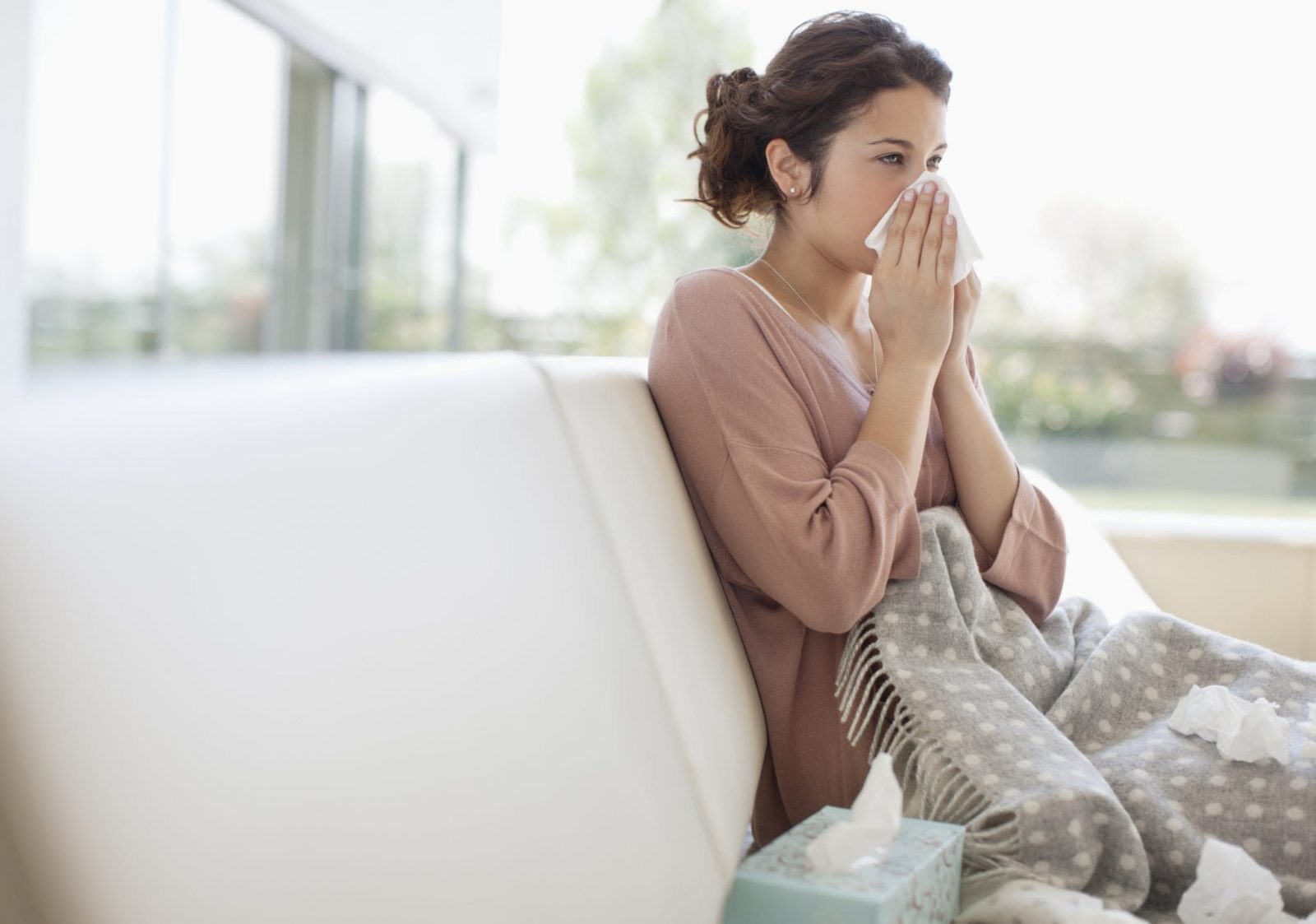
Apartment living is extremely common in most cities and suburbs because of its convenience, affordability, and low maintenance requirements. Apartment dwellers do not have the same hassles and headaches as single family home dwellers. However, there are some issues they may have to consider more. One issue is living with clean air. Apartment and condominium residents often share central ventilation with every other resident living in the building. That means they aren’t solely in control of their own air quality.
Apartment and condominium residents often share central ventilation with every other resident living in the building. That means they aren’t solely in control of their own air quality. Allergens such as mold spores, dust, VOCs (Volatile Organic Compounds), gases, pet dander, and pollen easily travel from one apartment to the next via the central ventilation system. Additionally, apartment management may use chemicals that reduce air quality such as fire retardants that contain harmful chemicals on upholstery and carpets, or carpet cleaning solutions that can slowly release unhealthy toxins into the air.
Even though you may not be able to control the air circulating in your apartment, there are steps you can take to mitigate the risk. The first thing you should do is test your home air quality. Numerous air quality testers on the market will give you accurate measurements of the allergens and toxins in your air. Once you have tested your air, you can address specific contributors to poor air quality, such as second-hand smoke or mold spores from another apartment.
Purchasing a portable air purifier will address a number of the problems reported by the air tester, such as removing pollen, dust, and pet dander from the air. If your air tester reports levels of gas, VOCs, or other toxins, then make sure to purchase a purifier with a charcoal/carbon filter to absorb those specific particles. A HEPA (High-Efficiency Particulate Arrestance) filter alone will not absorb these smaller particles.
Since living in an apartment means not having your own ventilation system, sometimes bringing in outside air is actually better than breathing in the air in your home. This may be the case if your air tester indicates low-quality air. Opening windows can bring in fresh air that have less toxins. However, if you are in the middle of allergy season or live in urban areas, purchasing an air purifier for each room may be a better bet.
Once you’ve determined the types of allergens and toxins in your home air using your air tester, consider talking to the building management about addressing some specific issues with the air quality. Second-hand smoke and pet dander are allergens that may be easily mitigated, especially if your building has a clear pet and smoking policy. If your air tester detects mold spores, notifying management will enable them to identify the source of the mold and stop it before it spreads any further. Bringing awareness to the importance of clean air in the building will help other residents understand the importance of keeping their own air clean, and engage in best practices for the good of the entire building.







